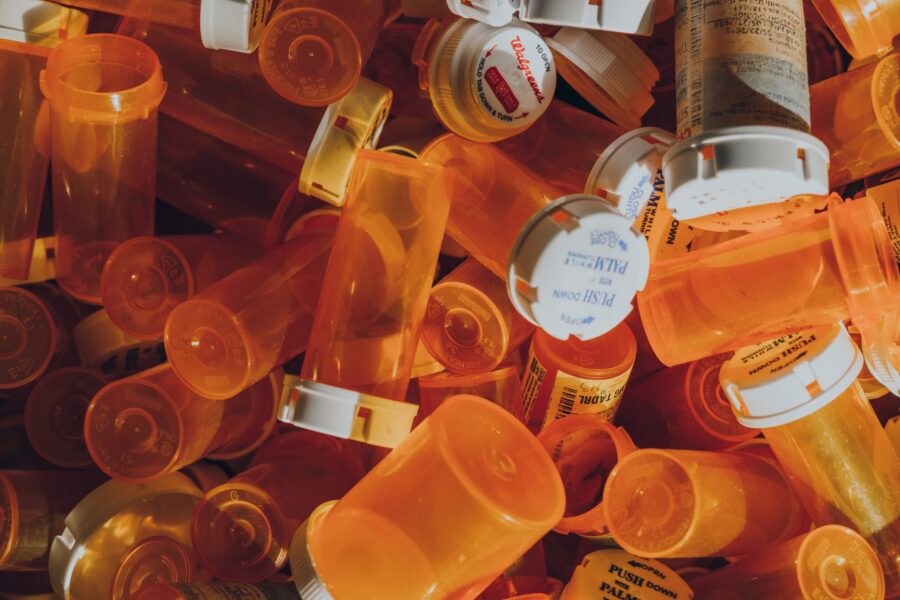‘A Wake-Up Call’: ADHD Medication Abuse in Schools
Due to a nationwide shortage of ADHD medication, for those who have the neurodevelopmental disorder, it’s been a difficult year. An added concern, CNN reports, is abuse of prescription stimulants by their peers.
According to a new national study of 230,000 students, “at some middle and high schools across the country, 1 in 4 teens report they’ve abused prescription stimulants for attention deficit hyperactivity disorder during the year prior.” The study’s lead author, Sean Esteban McCabe, director of the Center for the Study of Drugs, Alcohol, Smoking and Health at the University of Michigan in Ann Arbor, notes the research, published in the journal JAMA Network Open, “found a tremendous, wide range of misuse.”
“In some schools there was little to no misuse of stimulants, while in other schools more than 25% of students had used stimulants in nonmedical ways,” said McCabe. “This study is a major wake-up call,” he added.
Why do kids misuse ADHD medication?
Prior college-based studies have found that a small percentage of students who are legitimately prescribed medication to treat ADHD take more than a normal dose to get high, or combine the medication with alcohol or other drugs to boost a high. Substance use was prevalent among those who misused ADHD medicine in this way.
However, many students who do not have ADHD and who misuse stimulants in nonmedical ways do so “due to a sense of stress around academics — they are trying to stay up late and study or finish papers,” said pediatrician Dr. Deepa Camenga, associate director of pediatric programs at the Yale Program in Addiction Medicine in New Haven, Connecticut.
One study discovered that “among college students who are treated with prescription stimulants for ADHD, a majority (54%) are approached to sell, trade, or give away their medication each year.”
“We know this is happening in colleges. A major takeaway of the new study is that misuse and sharing of stimulant prescription medications is happening in middle and high schools, not just college,” said Camenga, who is unaffiliated with the University of Michigan study.
What are the dangers of misuse?
There are sudden health consequences if medicines are overused or combined with alcohol or other drugs with side effects such as “paranoia, dangerously high body temperatures, and an irregular heartbeat, especially if stimulants are taken in large doses or in ways other than swallowing a pill,” according to the Substance Abuse and Mental Health Services Administration.
In addition, experts warn that “taking stimulant medications improperly over time can result in stimulant use disorder, which can lead to anxiety, depression, psychosis and seizures.”
However, experts also stress that for children with ADHD who use their medications appropriately, stimulants can be effective treatment. They are “protective for the health of a child,” said Camenga. “Those adolescents diagnosed and treated correctly and monitored do very well — they have a lower risk of new mental health problems or new substance use disorders.”
What can parents and caregivers do about the problem?
The takeaway is not to limit the use of ADHD medications for those children who actually need them, McCabe stressed.
But parents can be vigilant about ADHD medication use, employing a lockbox, counting pills, and being aware of early prescription refills. They can also help their children practice their response to say if a peer asks them to sell or use one of their pills to party or pull an all-nighter. “You’d be surprised how many kids do not know what to say,” said McCabe. “Parents can role-play with their kids to give them options on what to say so they are ready when it happens.”
You can read the full article here.
LaMotte, Sandee. “ADHD medication abuse in schools is a ‘wake-up call.’” CNN.com, 18 Apr 2023, https://www.cnn.com/2023/04/18/health/teen-misuse-adhd-meds-wellness/index.html.
Photo by Haley Lawrence on Unsplash



